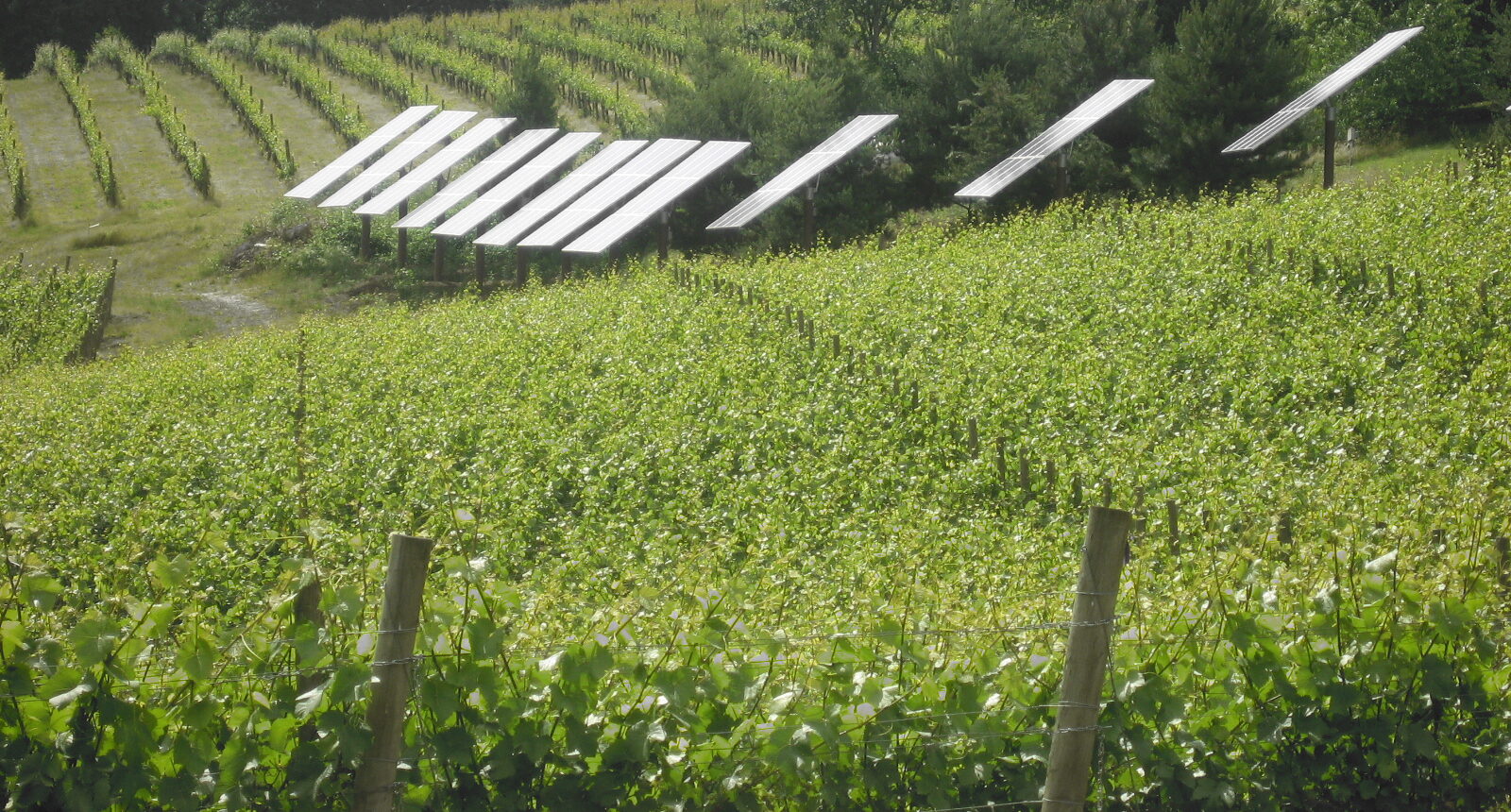
By Kenzie Love
With 2025 being a UN-declared International Year of Co-operatives, co-ops are in the spotlight as a key means of achieving the Sustainable Development Goals. While co-ops can play a valuable role in achieving all of the goals, Goal 7, clean and affordable energy is an area where they have already demonstrated their importance to its fulfillment.
Making affordable and clean energy accessible is an important goal for a variety of reasons. Access to electricity, which about 733 million people around the world still lack, can help increase educational attainment, improve health care, support agriculture development, reduce gender inequality, and create business opportunities and jobs. Clean energy also lowers greenhouse gas emissions, helping achieve goals around addressing the climate crisis. And renewable energy sources are more sustainable than extractive ones.
While co-ops aren’t the only suppliers of renewable energy, they’re an important source nonetheless. Renewable energy co-operatives (RECs), located mostly in Northern Europe, the US, and Canada, are a growing source of affordable and clean energy, and a 2022 report by the University of Saskatchewan found the presence of these co-ops in Canada provides benefits on multiple different levels. While the environmental benefits may be the biggest and most obvious category, there are also economic benefits, such as through RECs that allow members to invest through TFSAs and RRSPs as in CWCF’s Common Good Capital program.
Finally, there are social benefits, such as creating consumers who “feel a sense of agency on an issue that otherwise often leads people to feel despair.” And importantly, RECs facilitate such action on a collective level. As Mary Warner of TREC observes on the rationale behind the Co-op’s founding: “The co-op model fits in really well with their principles of collective action and doing something good for the community, and allowing for that participation, beyond just a single individual.”
Despite the many benefits they provide, RECs still face a series of barriers to scaling up, and many of them are common to the renewable energy transition as a whole. As the UN notes, achieving Goal 7 “will require sustained policy momentum to scale up both renewable energy deployment and energy conservation in all sectors, as well as to mobilize public and private investment, particularly in developing countries.”
But as Friends of the Earth International observes: “To date, many large-scale renewables have too often replicated the same destructive patterns of the current extractivist dirty energy system,” further noting that “this risks the wholesale rejection of larger-scale renewable energy installation in the Global South.” The solution, the organization concludes, is to “ensure that communities that host renewable energy projects significantly share in the decision-making processes that affect them, as well as the benefits. This means access to sufficient, affordable energy and meaningful socio-economic opportunities that support the wider community instead of creating tensions and divisions.”
It’s hard to think of a better description of the role co-ops are uniquely positioned to play. And they can play this role by facilitating a transition that is not just a shift towards renewable energy, but a transition towards a more just and equitable economic system as well.
In May 2023, renewable energy co-operatives from across Canada came together to create an association which will support this transition: Community Energy Cooperative Canada.
CWCF members in the renewable energy sector:
Worker co-ops:
Vancouver Renewable Energy Co-op
Common Good Capital program members: